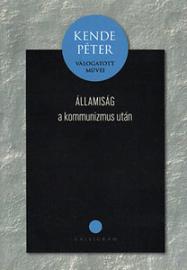
Államiság a kommunizmus után
The second book of the four book long life work compilation is about the newly formed social and national system's conceptual, organizational and cohabitational problems, which had taken shape after 1989-
More...We kindly inform you that, as long as the subject affiliation of our 300.000+ articles is in progress, you might get unsufficient or no results on your third level or second level search. In this case, please broaden your search criteria.

The second book of the four book long life work compilation is about the newly formed social and national system's conceptual, organizational and cohabitational problems, which had taken shape after 1989-
More...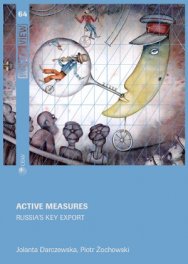
The remarks presented in this paper show the complexity and multi-dimensionality of the techniques referred to as ‘active measures’. The renaissance of this question currently observable today has called their role in causing crises into prominence. This topic also deserves special treatment because the contemporary forms of active measures are largely based on patterns already known and described in the past. A historical perspective may help to assess and identify their covert mechanisms. The current problems with the aggressive actions of the Russian special services are enhanced versions of the old, to which new informational and communication technologies have contributed. This text is an attempt to clarify this historical concept, by showing the institutional framework of the information-sabotage activities, the conceptual and organisational innovations made since the Cold War, and it also highlights the current challenges and how to identify them.
More...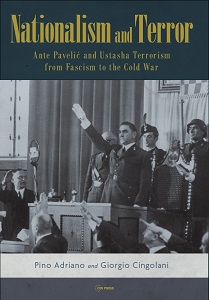
This book covers the full story of the Ustasha, a fascist movement in Croatia, from its historic roots to its downfall. The authors address key questions: In what international context did Ustasha terrorism grow and develop? How did this movement rise to power, and then exterminate hundreds of thousands of innocents? Who was Ante Pavelić, its leader? Was he a shrewd politician, able to exploit for his independent project Mussolini’s imperial ambitions, Hitler’s pan-German aims, and the anti-Bolshevism of the Holy See and the Western bloc? Or was he, consciously or not, a pawn in other hands, in a complex international scenario where Croatia was only arena among many? And after the movement’s collapse, how were several of the most prominent Ustasha leaders able to evade capture by Tito’s victorious army? The facts and documents confront us with the ambivalence of terrorism.The book places the appearance of the Ustasha movement not only in the context of the interwar Kingdom of Yugoslavia but also in the wider perspective of the emergence of European fascism.
More...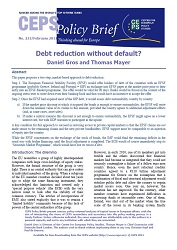
After seven years of debate, the decision to close the office of the High Representative in Bosnia and Herzegovina (OHR), an international body overseeing the peace implementation in Bosnia, has not yet been implemented. Bosnia is a potential EU candidate, but the majority of member states do not consider Bosnia capable of negotiating membership with the Union while the OHR remains the supreme authority governing the country. However, there was never enough political will on the part of any of the actors to bring about closure of the OHR.
More...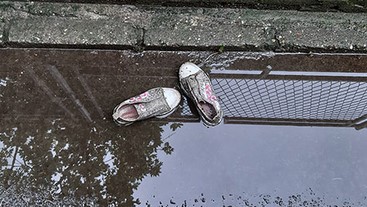
Začudo, vlast još nije počela da ispisuje grafite „Pravda za SNS“ mada po običaju ima sve razloge ovog sveta da tako nešto učini. Pa kad su imali razloge da prave bakljade po krovovima i makljaže po ulicama jer su im protesti ugrožavali pravo da vladaju kako hoće, čovek bi očekivao da će ih zabrana emitovanja jednog reklamnog spota još brže pokrenuti na akciju. Na šta to liči, nisu oni, daleko bilo, antifašistički pokret pa da ih zabranjuju ko u Americi.
More...
Danas mi je stiglo pismo potpisano od izvesnog Aleksandra Vučića. Ako je to čovek koga sam primetio kako se muva u mom špajzu i po plakarima u spavaćoj sobi, a jednom ga zatekao i u kupatilu, onda je to sigurno osoba koja se predstavlja kao predsednik republike. Da nije odbegli štićenik neke psihijatrijske ustanove dokaz je i to što u zaglavlju pisma stoji logo okupatorskih jedinica koje nas već duže vreme terorišu a čiji je on šef. Kako bilo, rešio sam da toj sumnjivoj spodobi odgovorim.
More...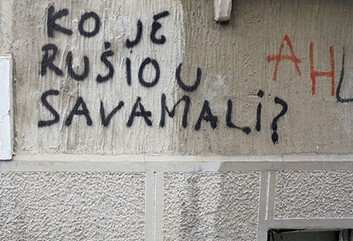
Intervju sadrži samo pitanja. Praznina umesto odgovora jeste odgovor.
More...
Nigde nema Jova Bakića, teoretičara brutalne pobune. Mogao bi barda se odnekud javi i obrazloži najnovije ideje o otporu: dakle, hoćemo li ih motkama juriti po ulicama pa privoditi sudovima mlade revolucije, ako ih stignemo naravno, ili ih nekako potući na izborima. Bakić inače ne liči na vođu bilo kakvog ustanka, možda se negde u potaji sprema da počne da liči.
More...
Kad je nedavno turbo folk falanga pustila slogan „Đilase, lopove“ mlitavim ritmom, primetno lišenim uobičajene, navodno energične estetike navijanja, tako da ga dobro čuju maloletna decaimenovanog, dobila je ono čemu se nikako nije nadala. Iz Dragana Đilasa (koji je za režim, kao i za stvarnog vođu falange, proizvedeni i rukopoloženi model ozloglašenog političara) počeo je da nadire čovek. Čovek, neskriveno ojađen, ophrvan osećanjem da je kriv pred svojom decom. Falanga je sa zaprepašćenjem, možda prvi put pred sobom videla običnog čoveka, i to usred politike.
More...
Neprekidno mislim o tome šta mi osim slobode nedostaje. Sećanje i stvarnost, na primer. Ko se uopšte usudio da napravi granicu za godine u kojima se još može tragati za izgubljenim vremenom? Makar i sa Marselom Prustom i njegovim udžbenikom. Svi imamo samo ono što nam je ostalo, tako kaže učitelj melanholije. Običan, produženi espreso, čaša vode. Ljudi oko mene. Mnogi od njih više nisu nigde.
More...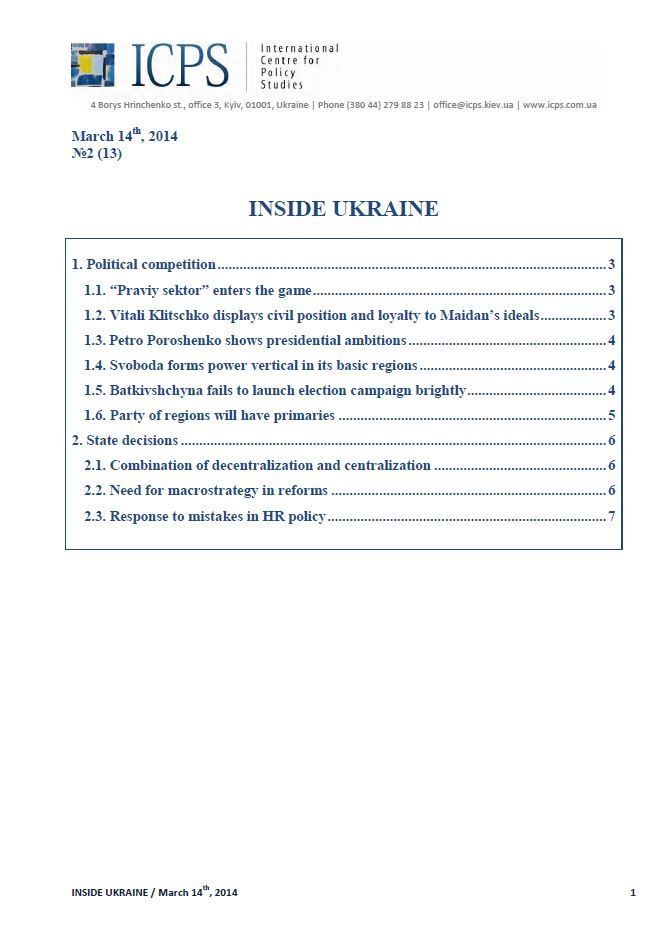
1. Political competition // 1.1. “Praviy sektor” enters the game // 1.2. Vitali Klitschko displays civil position and loyalty to Maidan’s ideals // 1.3. Petro Poroshenko shows presidential ambitions // 1.4. Svoboda forms power vertical in its basic regions // 1.5. Batkivshchyna fails to launch election campaign brightly // 1.6. Party of regions will have primaries // 2. State decisions // 2.1. Combination of decentralization and centralization // 2.2. Need for macrostrategy in reforms // 2.3. Response to mistakes in HR policy
More...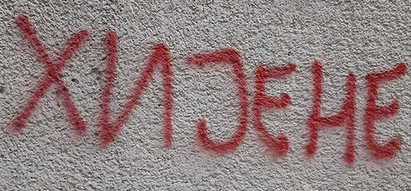
Predsednik deluje zabrinuto, kako i dolikuje. U prvoj fazi krizne ozbiljnosti negirao je da se ikada šalio ili potcenjivao moć virusa. Niti da je u njegovoj blizini bio lekar šarlatan koji se zacenjivao od smeha na pomenu Covida 19. Niti da je bilo ko podsticao žene iz Srbije da slobodno krenu u Milano i celu Lombardiju u šoping. Kad je tamo nastao pomor, svi su pokušali da se reše svog glupog smisla za najcrnju varijantu humora. Ne, to nikada nismo rekli!
More...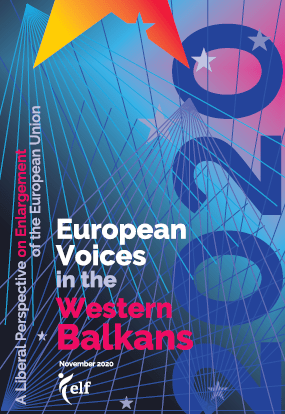
A simple glance at a map of Europe is enough to see why a joint European future for all European countries is inevitable and that it would be a logical interest of the European Union do spread its borders across the Western Balkans and further strengthen its position in the region. Still, keeping talks of enlargement alive is getting more and more difficult every year. Even before the pandemic, the opinion that it is necessary to reform the accession criteria before any new enlargement talks should begin has emerged, which has temporarily suspended candidacy talks with Albania and North Macedonia at one point, and almost caused serious backsliding in the latter Western Balkan country. Although the European Union is still mostly engaged in fighting the COVID-19 outbreak, preparing itself for the post-pandemic crises, and trying to make internal reforms in order to tackle existing and possible future problems in member states, talks on enlargement should not halt. And the two priorities – the one on the internal and the one on external strengthening of the European Union – must not be considered mutually exclusive, because they both benefit the geopolitical position of Europe.
More...
This study aimed to investigate the progress of women's empowerment through employment opportunities in Nairobi and Kakamega Counties in Kenya between 2013 and 2017. Despite the increasing policies that aim to mainstream social equity and equality, there is still a significant gap between policy commitments and practices. The study evaluated whether the implementation of devolved governance in the two counties has improved women's empowerment. The study's framework included an in-depth review of policy documents, official records, and reports from official websites to understand women's economic empowerment status in Nairobi and Kakamega. The study analyzed qualitative and quantitative data from County Integrated Development Plans and other secondary sources. Specifically, it examined compliance with the 30% gender rule, requiring women to hold at least 30% of all elective and appointive positions. The study found that Nairobi commands the largest share of formal sector wage employment in Kenya, and women's access to employment opportunities remains slightly lower than men in both counties. Despite implementing the 30% gender rule, the study revealed the need for more comprehensive policies that promote gender equality and women's economic empowerment in both Nairobi and Kakamega.
More...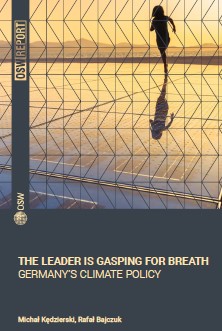
In the last decade, Germany’s climate policy was ineffective and the activities carried out by successive governments were inconsistent with their initial declarations. The federal government lacked the determination to implement solutions aimed at accelerating the energy transition, which could potentially target the interests of influential industrial, business and social groups.
More...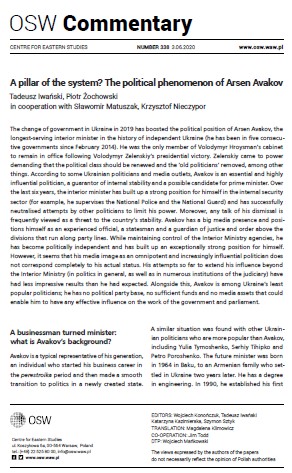
The change of government in Ukraine in 2019 has boosted the political position of Arsen Avakov, the longest-serving interior minister in the history of independent Ukraine (he has been in five consecutive governments since February 2014). He was the only member of Volodymyr Hroysman’s cabinet to remain in office following Volodymyr Zelenskiy’s presidential victory. Zelenskiy came to power demanding that the political class should be renewed and the ‘old politicians’ removed, among other things. According to some Ukrainian politicians and media outlets, Avakov is an essential and highly influential politician, a guarantor of internal stability and a possible candidate for prime minister. Over the last six years, the interior minister has built up a strong position for himself in the internal security sector (for example, he supervises the National Police and the National Guard) and has successfully neutralised attempts by other politicians to limit his power. Moreover, any talk of his dismissal is frequently viewed as a threat to the country’s stability. Avakov has a big media presence and positions himself as an experienced official, a statesman and a guardian of justice and order above the divisions that run along party lines. While maintaining control of the Interior Ministry agencies, he has become politically independent and has built up an exceptionally strong position for himself.
More...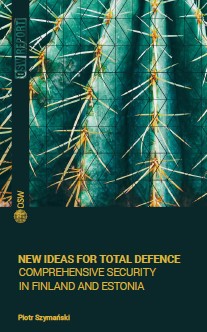
Due to Russia’s aggression in Ukraine, there is growing interest in the concept of comprehensive security in the Nordic and Baltic region. A comprehensive approach to security, which hails from the Cold War total defence doctrine, incorporates military and non‑military aspects of national security and crisis management. It is seen as a means of making a state and the society more resilient to external pressure, and of creating a favourable operational environment for national defence.
More...
The Russian model of authoritarian rule owes its durability to the ‘deep structures’ that constitute the foundation of the Russian political system and political culture. These deep structures encompass an entire complex of basic values, norms, behaviour patterns and co‑dependencies between them, which are manifested in two pivotal phenomena. Firstly, it is the patrimonial notion of the state as being the personal property of the leader; and secondly, it is the logic of patron‑client relations as the main factor organising the sphere of socio‑political interactions. The deep structures have so far prevented genuine and sustainable democratisation in Russia. Their present‑day continuing dominance in the socio‑political environment will also hamper possible attempts to democratise the country in the post‑Putin period.
More...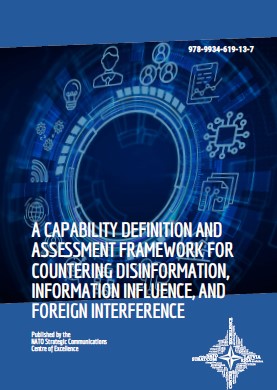
This report proposes a capability assessment framework for countering disinformation, information influence, and foreign interference. At present, much emphasis is placed on the capability to counter disinformation and other associated phenomena. However, few have attempted to systematically define what those countermeasures are, and how they could be placed within a single, coherent capability assessment framework. This lack is not least because countries do not, and should not, approach these challenges in the same way. Geography, history, political systems, areas of expertise, and relative power explain to some extent why countries use different terminologies, organisational structures, and policies for dealing with foreign interference. Furthermore, friendly actors at times share capabilities–such as tech platforms, researchers, non-governmental organisations (NGOs), and private-sector intelligence companies. There is no perfect template for assessing capabilities, but rather only organisations and systems designed to cope with different threats based on their mandates, interests, and available resources. Since there is no one-size-fits-all solution to this problem, this report provides a flexible approach to capability assessment based on simple principles that can be applied by different types of actors. In support of this, and drawing upon previous research in this subject area, four capability assessment tools are established as tools to solve different assessment problems: Objectives are a cluster of capability measures associated with the explicit or implied purpose of an activity. Assessment can be developed, for example, from policy announcements, norms and expectations, and archetypical examples.
More...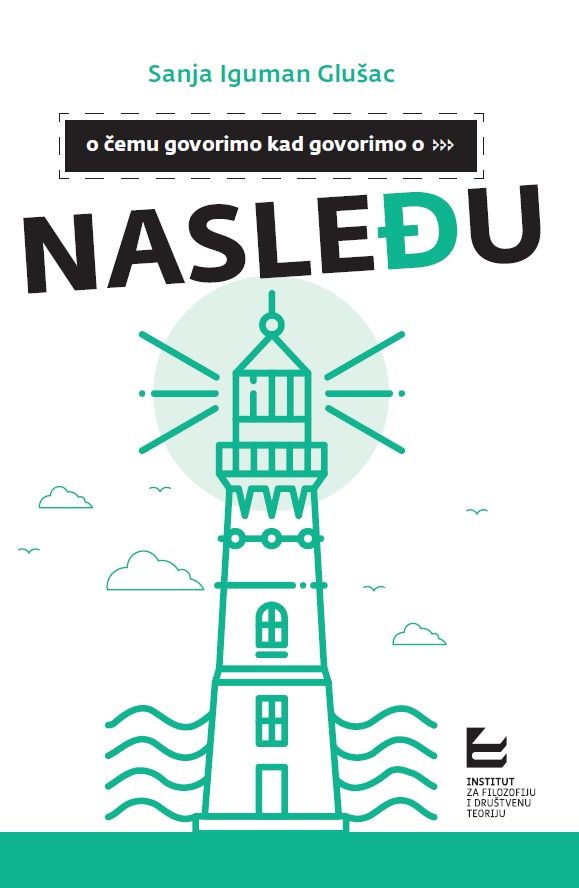
Today, for the umpteenth time in history, natural and cultural heritage are facing existential challenges across the planet, such as climate change, rapid and radical urbanization, conversion from analog to digital, political instability, armed conflicts, the strengthening of the right-wing and populist narrative. . In the context of post-truth, subjective narratives often replace objective facts, significantly affecting the understanding and therefore the preservation of heritage. This selective interpretation of heritage is reflected through contemporary ideological or political agendas, which often disregard historical accuracy. All this is especially facilitated in the digital age in which we live, because misinformation spreads quickly and information is easily manipulated. In the book "What are we talking about when we talk about heritage", the author Sanja Iguman Glušac insists that exclusive, conservative, static and apolitical approaches to heritage are not up to such growing challenges because they cannot follow the fluidity, complexity and dynamism of heritage in today's world. Analyzing contemporary (critical) theories of heritage through illustrated examples, she shows that heritage is at its core political and dissonant, and that accepting this fact is the first step towards democratic, open and flexible use and management of heritage.
More...